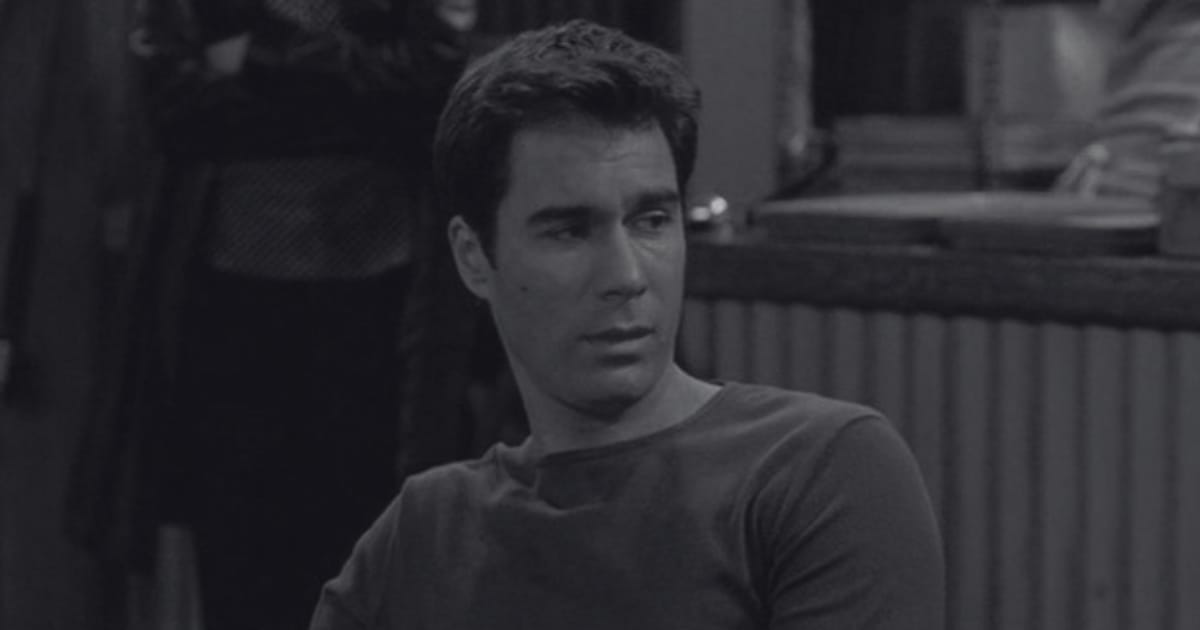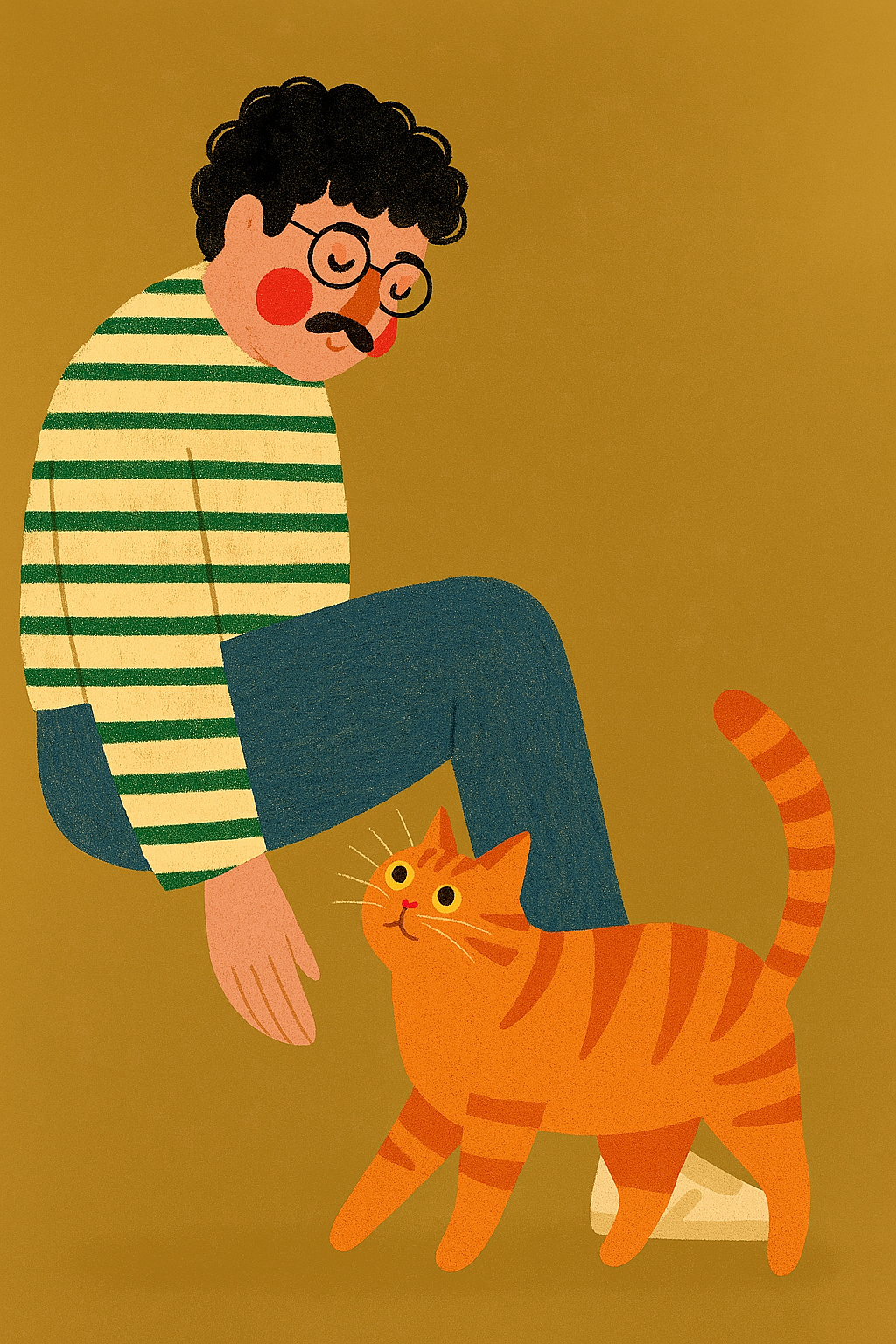If Jack McPhee was the WB’s trembling step into queerness, Will Truman was NBC’s polished handshake to mainstream America. Will & Grace debuted in 1998, the same year Jack McPhee was forced out of the closet by a cruel poetry reading. The contrast is striking. Where Jack was messy, vulnerable, and still figuring himself out, Will arrived fully formed: attractive, successful, buttoned-up, respectable. In other words — a gay man carefully packaged to be palatable to the straight households NBC needed to keep happy.
Will Truman was safe. He didn’t flaunt, he didn’t shock, he didn’t kiss another man on the lips until years into the show. The writers bent over backwards to make sure he was never too sexual, too confrontational, too much. Jack McFarland got the punchlines, Karen got the chaos, Grace got the romance. Will got… the responsibility of making middle America believe a gay man could be “just like them.”
“You and Beverley Leslie. I actually think you found someone you're too butch for.”
And yet — it worked. For millions of viewers who had never knowingly interacted with a gay man, Will was their introduction. He was the first one invited into their living rooms every Thursday night, laughing with Grace, bantering with Karen, proving that being gay didn’t mean being alien. That visibility mattered. It cracked open the door in a way no Very Special Episode ever could, because Will wasn’t a one-off. He was there, week after week, likeable, steady, impossible to ignore.
Of course, the compromise is glaring now. Will was allowed to be gay as long as he wasn’t too gay. His desirability was muted, his intimacy restricted, his relationships always secondary to the sitcom’s central friendship. His edges were sanded down to make him digestible. This was queerness, yes, but queerness in quotation marks — queerness neutered for network comfort.
“You're a homo without a home, I know.”
And still: it was seismic. Without Will, there’s no Mitch and Cam on Modern Family, no David Rose on Schitt’s Creek, no Nick and Charlie kissing freely in the halls of Heartstopper. He may have been sanitised, but he was visible. He may have been carefully contained, but he was undeniable.
Will Truman was the gay who could come to dinner — charming enough to put parents at ease, safe enough for advertisers, but still, quietly, radically present. For some queer kids, he was the first time they saw a version of their future that wasn’t tragic. For others, he was too restrained, too closeted in his own way. But either way, he was there. And in 1998, that was revolutionary.

